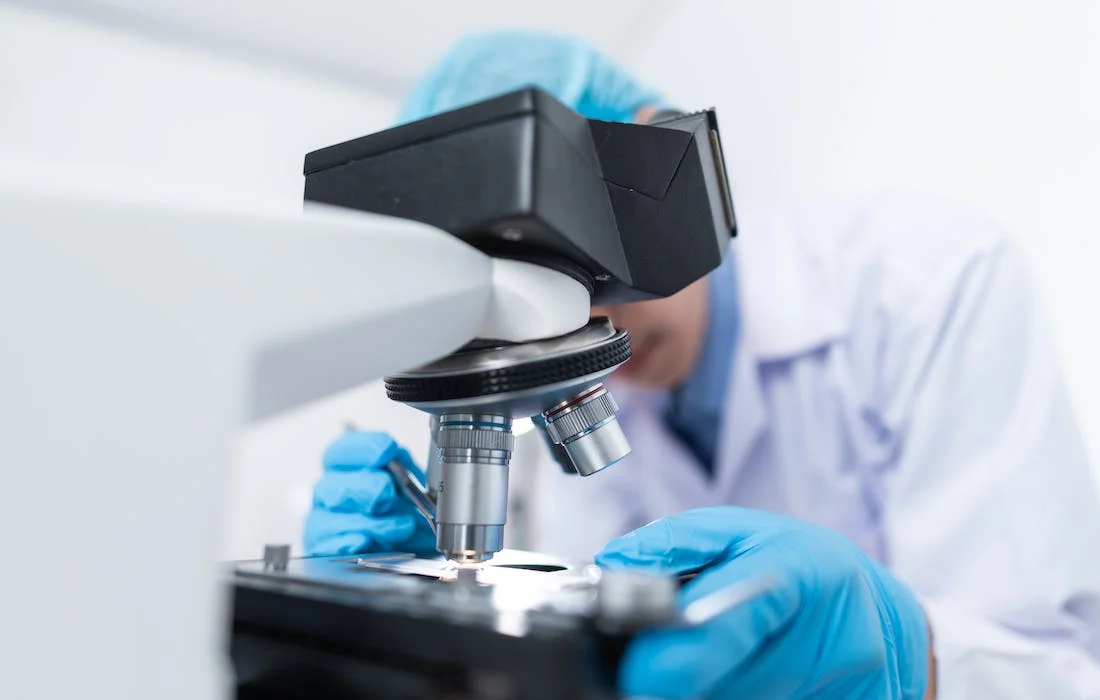Regenerative Medicine News and General Information
Immunotherapy Cells Made Quickly
A new tool to rapidly grow cancer-killing white blood cells could advance the availability of immunotherapy, a promising therapy which harnesses the power of the body’s immune response to target cancer cells.
Washington State University researchers have developed a minifridge-sized bioreactor that is able to manufacture the cells, called T cells, at 95% of the maximum growth rate — about 30% faster than current technologies. The researchers report on their work in the journal Biotechnology Progress.
They developed it using T cells from cattle, developed by co-author Bill Davis of WSU’s Veterinary College, and anticipate it will perform similarly on human cells.
In 2022, there were over 1,400 different types of therapies using T cells in development, with seven approved by the FDA for a variety of cancer treatments. Use of the therapy, called chimeric antigen receptor T cell (CAR-T), is limited, however, because of the cost and time needed to grow T cells. Each infusion treatment for a cancer patient requires up to 250 million cells.
The bioreactor uses centrifugal force to act on the growing cells while they are suspended as a dense, cloud and continuously bathed by the inward flow of medium containing nutrients. The prototype comes out of four decades of research on designing a centrifugal bioreactor to rapidly densify and expand cells, led by Chemical Engineering Professor Bernie Van Wie, Kaiphanliam’s advisor and a co-author on the paper.
The researchers are working to improve the bioreactor. They hope to add multiple chambers and expect that they’ll eventually be able to produce enough cells in three days for three doses of a therapy.
Sources:
Kitana M. Kaiphanliam, Brenden Fraser‐Hevlin, Eric S. Barrow, William C. Davis, Bernard J. Van Wie. Development of a centrifugal bioreactor for rapid expansion of CD8 cytotoxic T cells for use in cancer immunotherapy. Biotechnology Progress, 2023; DOI: 10.1002/btpr.3388
Washington State University. (2023, October 26). Machine can quickly produce needed cells for cancer treatment. ScienceDaily. Retrieved October 27, 2023 from www.sciencedaily.com/releases/2023/10/231026131546.htm
Photo by Chokniti Khongchum from Pexels: https://www.pexels.com/photo/scientist-using-microscope-3938022/

